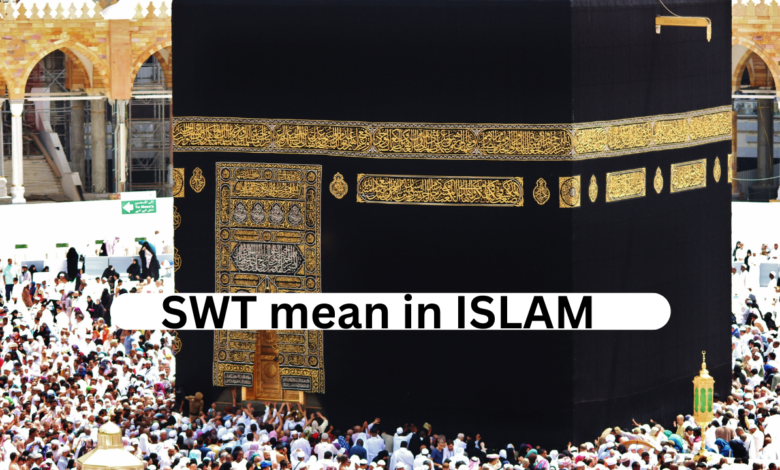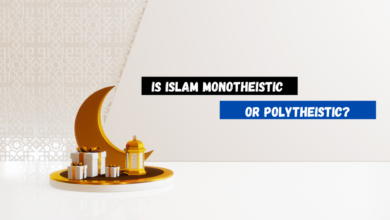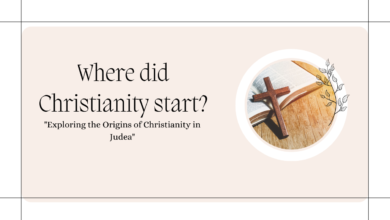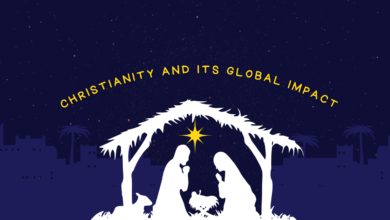what does SWT mean in islam

Introduction
In Islam, the acronym SWT appears frequently in religious texts, sermons, and conversations. It holds a significant place in the hearts of Muslims worldwide. Understanding the meaning and significance of SWT is essential for comprehending the core tenets and reverence Islam places on the name of the Almighty.
What is SWT?
SWT is an abbreviation of the Arabic phrase “Subhanahu Wa Ta’ala,” which is used to refer to Allah (God) in Islam. It is an expression of utmost respect and reverence for the Divine. The phrase is often added after mentioning the name of Allah in any form, whether in written or spoken discourse.
The Meaning of SWT
Subhanahu: The term “Subhanahu” can be translated as “Glorified and Exalted.” It conveys the idea that Allah is beyond any imperfection or deficiency, and He is free from any attribute that does not befit His Divine nature. Muslims use this phrase to praise and acknowledge the greatness of Allah.
Wa Ta’ala: “Wa Ta’ala” translates to “and exalted.” This part of the phrase emphasizes that Allah is exalted above all creation and holds the highest position of power and authority. It reflects the belief that He is above and beyond the reach of any comparison or similarity with His creation.
Significance and Usage of SWT
Demonstrating Respect: Adding SWT after mentioning the name of Allah is a sign of respect and humility for His Divine attributes. It reminds Muslims to approach discussions about Allah with sincerity and a sense of awe.
Upholding Divine Majesty: SWT reinforces the belief in Allah’s absolute perfection and incomparable majesty. It serves as a constant reminder of His grandeur and the need for humans to recognize their limitations in understanding the vastness of His existence.
Encouraging Reflection: The use of SWT encourages Muslims to contemplate and meditate on the greatness of Allah. It prompts believers to ponder over His creations, the universe, and their purpose in life, fostering a deeper connection with the Divine.
Cultivating a God-Consciousness (Taqwa): Frequent use of SWT in everyday conversations instills a sense of consciousness and mindfulness of Allah’s presence. This mindfulness, known as Taqwa, aids in living a righteous life and avoiding sinful actions.
Emphasizing the Oneness of God (Tawheed): Tawheed is the core principle in Islam, affirming the belief in the oneness of God. SWT reinforces this belief, reminding Muslims that Allah stands alone in His attributes, and there is none like Him.
Conclusion
SWT, or Subhanahu Wa Ta’ala, is a powerful and meaningful expression in Islam. It encapsulates the profound respect and reverence Muslims have for Allah. By using SWT, believers remind themselves of Allah’s transcendence, majesty, and uniqueness. It serves as a constant call to ponder over the Creator and live a life in accordance with His guidance. Understanding and using SWT in daily life deepens the connection between Muslims and their Creator, fostering a greater sense of spiritual growth and God-consciousness.
Frequently Asked Questions (FAQs) about Various Topics
What is artificial intelligence (AI)?
Artificial intelligence (AI) refers to the simulation of human intelligence in machines that are programmed to think, learn, and problem-solve like humans. It involves creating algorithms and models to enable computers to perform tasks that typically require human intelligence, such as speech recognition, visual perception, decision-making, and natural language processing.
How does climate change affect the planet?
Climate change refers to long-term shifts in global weather patterns, and it is primarily driven by human activities, such as burning fossil fuels and deforestation. The impacts of climate change include rising temperatures, melting polar ice, sea-level rise, extreme weather events (e.g., hurricanes, droughts, and floods), disruptions in ecosystems, and threats to biodiversity. Climate change poses significant challenges for human societies, including potential food and water shortages, increased health risks, and economic impacts.
What are renewable energy sources?
Renewable energy sources are forms of energy that are replenished naturally and sustainably. These sources include solar energy (capturing sunlight to produce electricity), wind energy (using wind turbines to generate power), hydroelectric energy (harnessing flowing water), geothermal energy (utilizing Earth’s internal heat), and biomass energy (derived from organic materials). Unlike fossil fuels, which are finite and produce greenhouse gas emissions, renewable energy sources are considered environmentally friendly and essential for combating climate change.
How do vaccines work?
Vaccines work by exposing the body’s immune system to a weakened or inactive form of a virus or bacteria. This exposure triggers an immune response, leading the body to produce antibodies and memory cells that recognize and “remember” the specific pathogen. If the person is later exposed to the actual infectious agent, the immune system can quickly recognize and neutralize it, preventing or reducing the severity of the disease.
What does “SWT” mean in Islam?
“SWT” is an abbreviation of the Arabic phrase “Subhanahu Wa Ta’ala,” which is used to refer to Allah (God) in Islam. It is an expression of utmost respect and reverence for the Divine. The phrase is often added after mentioning the name of Allah in any form, whether in written or spoken discourse.






